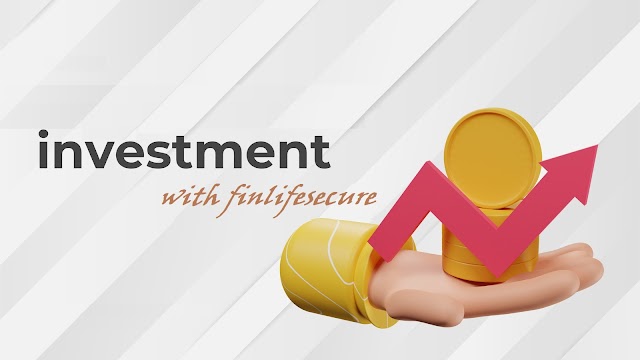A small example, Mr. Raman is a married middle-class individual employed in a small-sized industry. He earns a monthly salary of INR 30,000 and resides in a rented home with his family. He has decided to purchase his own home through a home loan. He bought a property worth INR 10 Lakhs and secured a loan for 90% of the property value from a bank. The remaining 10% was borrowed from a friend, with a promise to repay either through monthly instalments or within a year. Currently, he pays a monthly EMI of INR 9,000 to the bank and INR 8,500 to his friend. This sums up to a fixed monthly payment of INR 17,500 for the next year. He manages his household expenses with the remaining funds. Unfortunately, after 3 months, his company collapses due to financial crises, leading to his job loss. In a state of panic, he diligently searches for new employment, but his efforts remain fruitless over the next three months. Meanwhile, the persistent reminders for his home loan EMI repayments add to his stress. The continuous stress takes a toll on his health as he develops hypertension and other health issues. Lacking a contingency plan or emergency fund, he finds himself with no alternative but to sell his flat immediately to cope with the situation. Instances like these are not uncommon, underscoring the necessity of having an emergency fund as a safety net in human life.
How to build an emergency fund :
Consider all your needs and decide how much money
you want to save for your emergency fund. A common recommendation is to save at
least for three month’s worth of living expenses. Consider your monthly
expenses, including rent, utilities, groceries, insurance, and any other
essential costs. Review your monthly income and expenses to understand
your cash flow. Creating a budget will help you identify areas where you can
cut back on non-essential spending to free up more money for your emergency
fund. Whenever you receive unexpected money, such as tax refunds,
bonuses, or gifts, consider allocating a portion of it to your emergency fund.
It can significantly boost your savings without impacting your regular
budget. Consider reducing unnecessary spending on things like
dining out, entertainment, or impulse purchases etc.,
Where to Invest :
The primary objective is to keep the money safe, liquid, and
easily accessible in times of need. Therefore, it is essential to invest the
emergency fund in low-risk, highly liquid accounts or instruments.
Some Suitable options for investing your
emergency fund :
· Saving
Bank Account
· Fix
Deposit (FD)
· Liquid
Mutual Funds for 1 year
· Recurring
Deposit (RD)
What to Avoid
Avoid investing your emergency fund in higher-risk assets like
stocks or long-term bonds, as they can be subject to significant fluctuations
in value and may not be easily accessible when you need the funds urgently.





